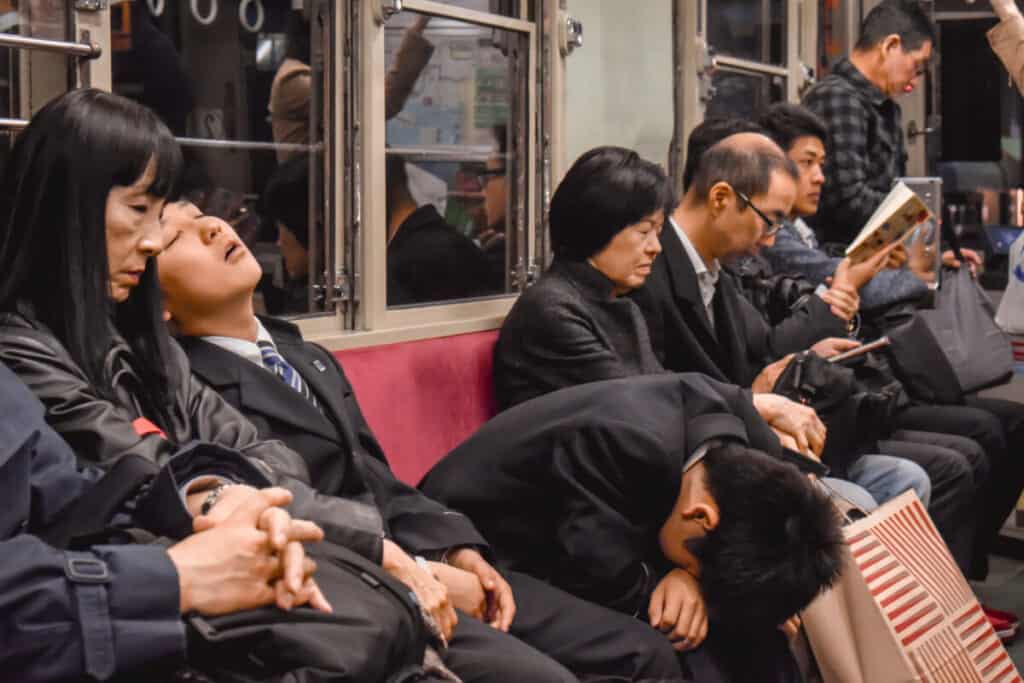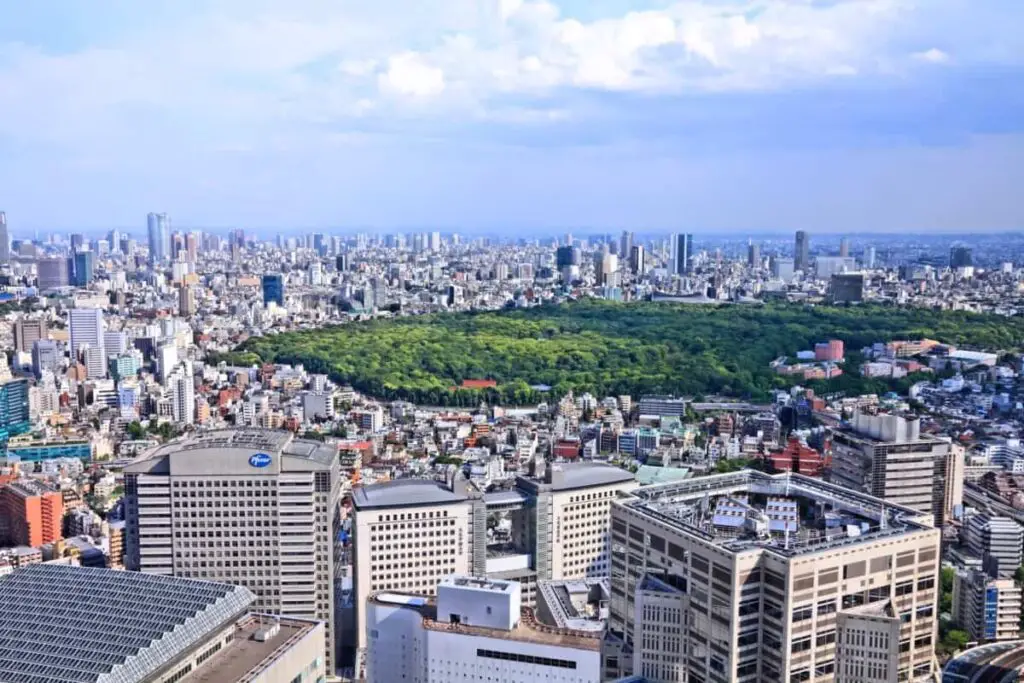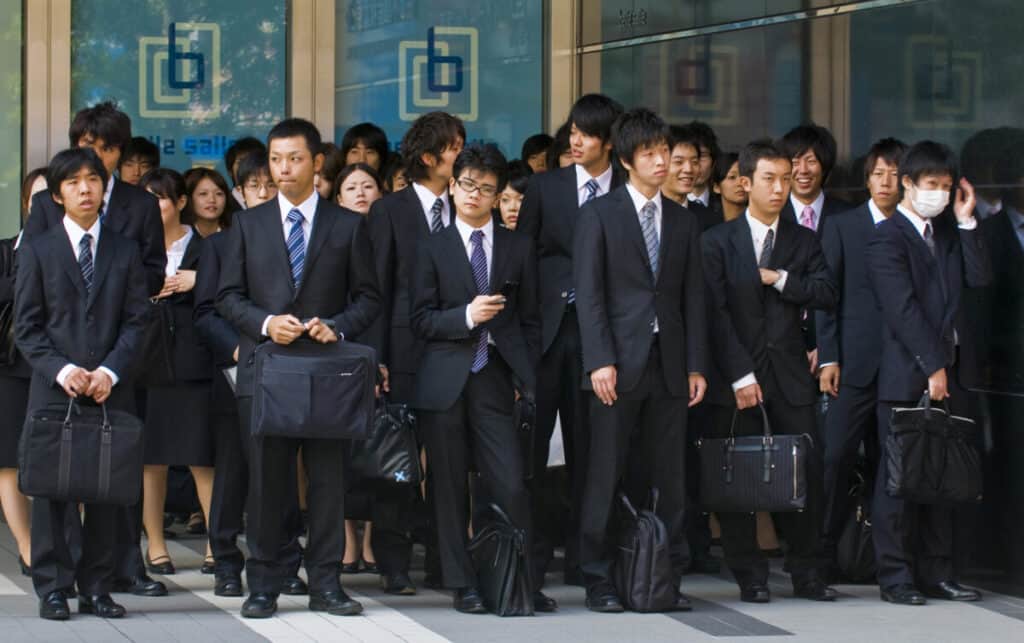In search of work in Japan, you find that black companies are a concept you may know very little about but are interested in learning more about, nevertheless.
If you’ve heard of black companies from film and anime while indulging in Japanese culture from overseas. And yet, you still do not know what they fully entail. Exploring further presents two important questions…What is a black company? Should I avoid working for one?
A black company has one or more of the following five traits: long working hours, few to no days off, very little pay, no pay for overtime, and a lack of appropriate protection from any form of harassment.

These companies exploit your dependent position and profit from the mistreatment of their workers. Needless to say, you should avoid working at one for the sake of your physical and mental health (and most importantly, your future).
Karoshi Death by Overworking
This is not only a concern for those who might work in sweatshops or labor-based factories. Any person who might work in an office or educational setting could find themselves overworking without proper compensation or fair working hours.
In rare cases, working for a company like this could result in “karoshi” a term that details one dying by overworking.

This was a term developed around twenty years ago but this sort of abusive work environment became so unruly that a term as capitalistic and gruesome as this would become popularized as of the 1970s.
Death by Kuroshi would entail heart failure or heart attack.
There are many people who wish to add suicide to the term’s definition as there are many individuals who have ended their lives as they felt it was the only way to end their suffering and seek peace from their exhausting life.
Why do black companies exist?
History and Mindset of the Management Figures
After World War 2, Japan found itself experiencing greater economic growth. It was a fantastic time for businesses, manufacturers, and companies overall; specifically, those that were involved in product consumption.

Those who worked in these sorts of factories would be paid well despite the long hours. Many men and women who are now supervisors and higher-ups (from these generations) believe that modern-day workers should do the same.
They completely disregard the lack of reward for the intense amount of work the younger generations now have from these companies who are doing things the way it was back in the 1950s and onward.
Cultural / Social Expectations
Culturally, it is found that Japan has a certain unspoken ideology that it is best to blend in and act similarly for the sake of harmony and productivity.
If everyone is expected to act the same and participate in the same workload (and rewards for said workload), the overtly corrupt system can run smoothly.

For example, people who act differently, stand out visually, or perhaps think just a little too much about themselves may be ridiculed for doing so. A group mentality is idealized in Japan, despite it only benefiting those of the higher economic classes.
If everyone else is suffering, you shouldn’t complain about it, because speaking up would be embarrassing in consideration of your social image. Essentially an attitude from supervisors might be: “how dare you mention how inhuman these conditions are”.
Dismissal Regulations
Dismissal regulations allow for black companies to have middle-aged individuals who have worked for them for years refrain from taking any more work and firing them from the company.
This means that the younger generations that take on work will be forced to take up the additional workload now required to complete tasks and needed work.

More Part Time Work = Less Full Time Work
The increasing number of part-time jobs available does not aid those who are newly seeking out full-time job opportunities.
Less full-time jobs are available now because companies find it easier to hire and fire part-time workers.

Full-time jobs and full-time pay are harder, so younger individuals who’ve graduated from university are desperate to pay back student loans and make a living in general.
The following will be an overview of how to avoid working for a black company in japan:
Ways to avoid working for a black company
Those who do not have experience are welcome
You might be jumping for joy with the opportunity of a job that does not require any sort of work experience. You might want to rethink the celebration.
If a company details that they do not require work experience, or any experience, it is very likely that they simply do not care who it is that they are hiring in the first place.

This may be because regardless of who you are, they just need another person to pay at a ridiculously low rate. Another pair of hands rather than a valued co-worker.
The base salary is too good to be true
Finding that the base salary is quite high might actually be a sign that the company intends on not paying you for overtime. If they pay you well for the hours you think you’ll be working, it may be to cover up this little-known fact.
These words are used within the Job description
Phrases that are known to be potential red flags are “warm environments” and “the work feels rewarding”.
If these two descriptions as well as many other vague details, it is likely that the company does not have any real benefits. They know this, and so, state that they have good energy or that you’ll feel good after the work is done.

This company hires a lot of people yearly
Do you find that this company seems to be hiring a lot of people all of the time? Has that job posting been up since march? March of 2020 that is… This is because the company hires a lot of people, as a result of the high turnaround rate they would never disclose willingly.
Ten people probably quit working at a black company as you’re reading this. Do you really want to fill in their position?
Pay attention to how the people within the company appear visually
It is always beneficial to observe and even interact with people that work at your job of interest if possible.
Do the individuals working at this company seem healthy or mentally well at the very least? Or are there piles of papers stacked, rows upon rows throughout the offices of poorly maintained cubicles?
Find A Job In Japan Via GaijinPot
In general, most companies in Japan are good to their workers, and because a few actively practice some of the above-mentioned behaviors it makes it seem to be a common practice.










